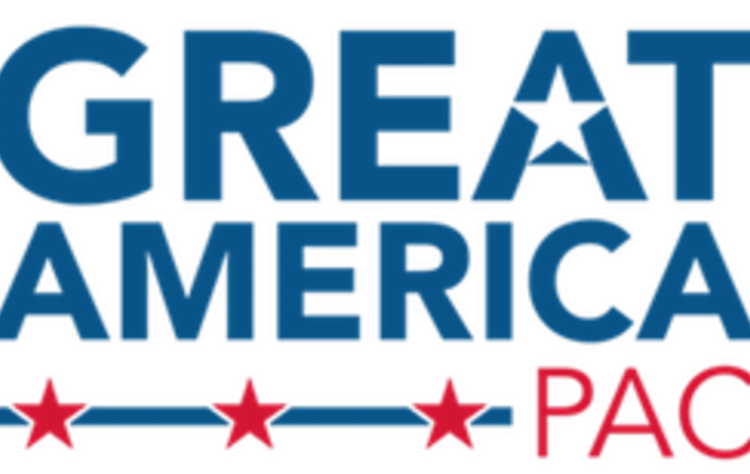Workers hopeful for relief as overtime pay expands
- Biden administration’s new overtime rule expands eligibility for overtime pay
- Over four million workers could benefit from the new rule
- The rule raises the salary level for overtime eligibility
- The new rule could provide economic relief for lower-paid workers
- Legal challenges and opposition from business groups may hinder the implementation of the rule
The Biden administration has finalized a new overtime rule that could benefit over four million workers by expanding eligibility for overtime pay. The rule raises the salary level at which workers can qualify for overtime, providing a much-needed economic boost for lower-paid workers. However, the rule may face legal challenges and opposition from business groups. Despite the potential hurdles, the new rule aims to address the strain faced by workers who have seen slower-growing salaries and higher costs of living. The rule primarily benefits lower-paid white-collar workers and aims to provide them with the compensation they deserve for their long hours. The new salary thresholds set by the rule, although still falling short of a comfortable middle-class lifestyle, will automatically make more workers eligible for overtime pay. The rule is estimated to result in an extra $1.5 billion paid to workers annually. However, challenges and non-compliance issues may prevent workers from actually receiving higher pay. Overall, the new overtime rule offers hope for millions of workers who have been struggling financially.
Factuality Level: 8
Factuality Justification: The article provides detailed information about the new overtime rule implemented by the Biden administration, including who is eligible for overtime pay, how the rule will affect workers, and potential challenges ahead. The information is presented in a clear and factual manner without significant bias or opinion.
Noise Level: 3
Noise Justification: The article provides a detailed analysis of the Biden administration’s new rule expanding eligibility for overtime pay, including who is eligible, how it will affect workers, and potential challenges ahead. It includes quotes from experts and individuals impacted by the rule, as well as information on previous legal challenges. The article stays on topic and supports its claims with examples and data. However, there are some repetitive details and filler content that could be considered noise.
Financial Relevance: Yes
Financial Markets Impacted: The new rule expanding eligibility for overtime pay could have an impact on the labor market and potentially affect the financial performance of businesses, particularly small businesses.
Presence Of Extreme Event: No
Nature Of Extreme Event: No
Impact Rating Of The Extreme Event: No
Rating Justification: The article discusses the Biden administration’s new rule expanding eligibility for overtime pay, which could have financial implications for businesses and workers. However, there is no mention of an extreme event or any specific impact rating.
Private Companies: Outten & Golden,National Federation of Independent Businesses,U.S. Chamber of Commerce,Economic Policy Institute
Key People: Samantha Sanders (Director of Government Affairs and Advocacy at Economic Policy Institute), Melissa Lardo Stewart (Partner at Outten & Golden), Edgar Ndjatou (Executive Director of Workplace Fairness), Beth Milito (Executive Director of NFIB’s Small Business Legal Center), Marc Freedman (Vice President of Workplace Policy at U.S. Chamber of Commerce)
 www.marketwatch.com
www.marketwatch.com 





